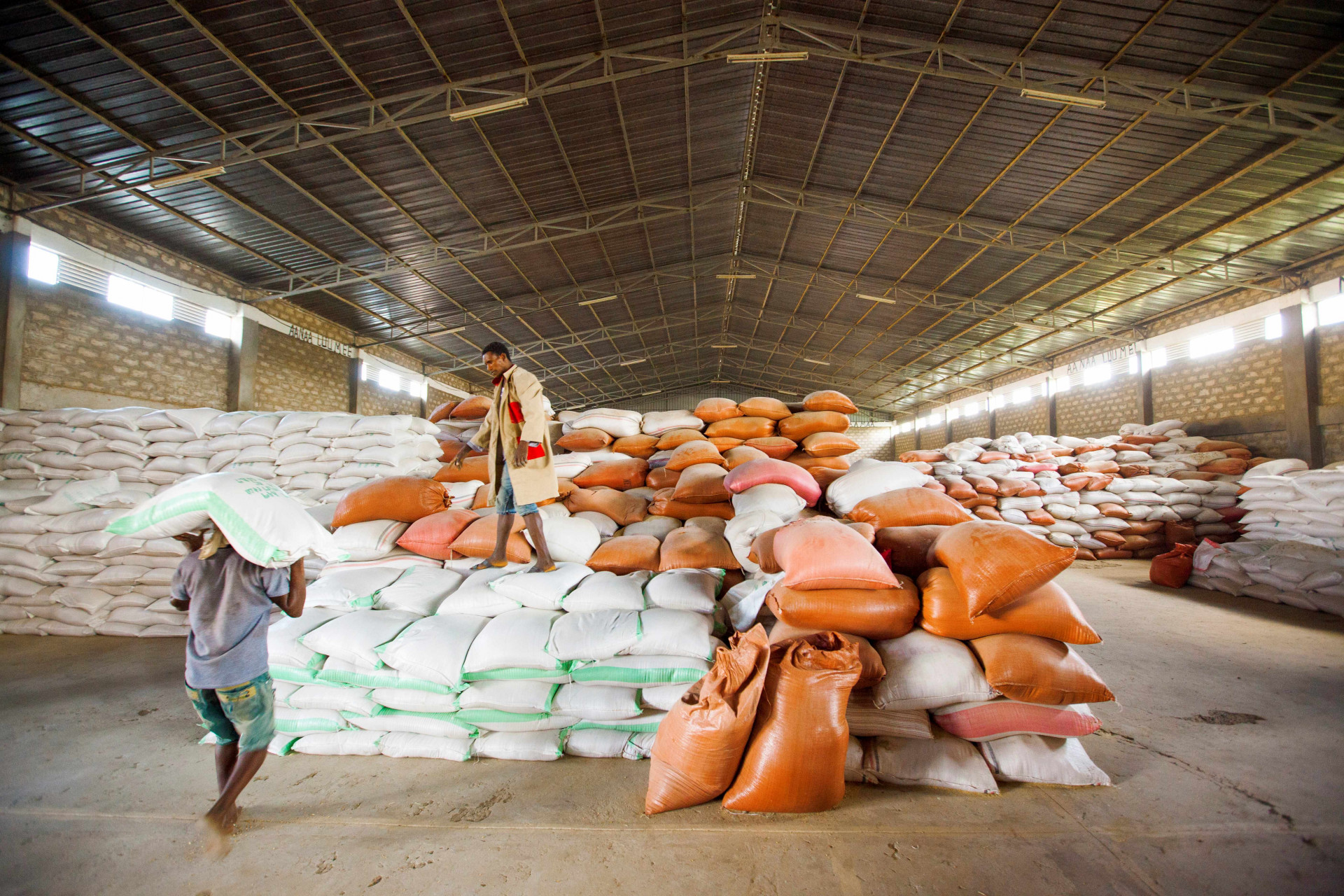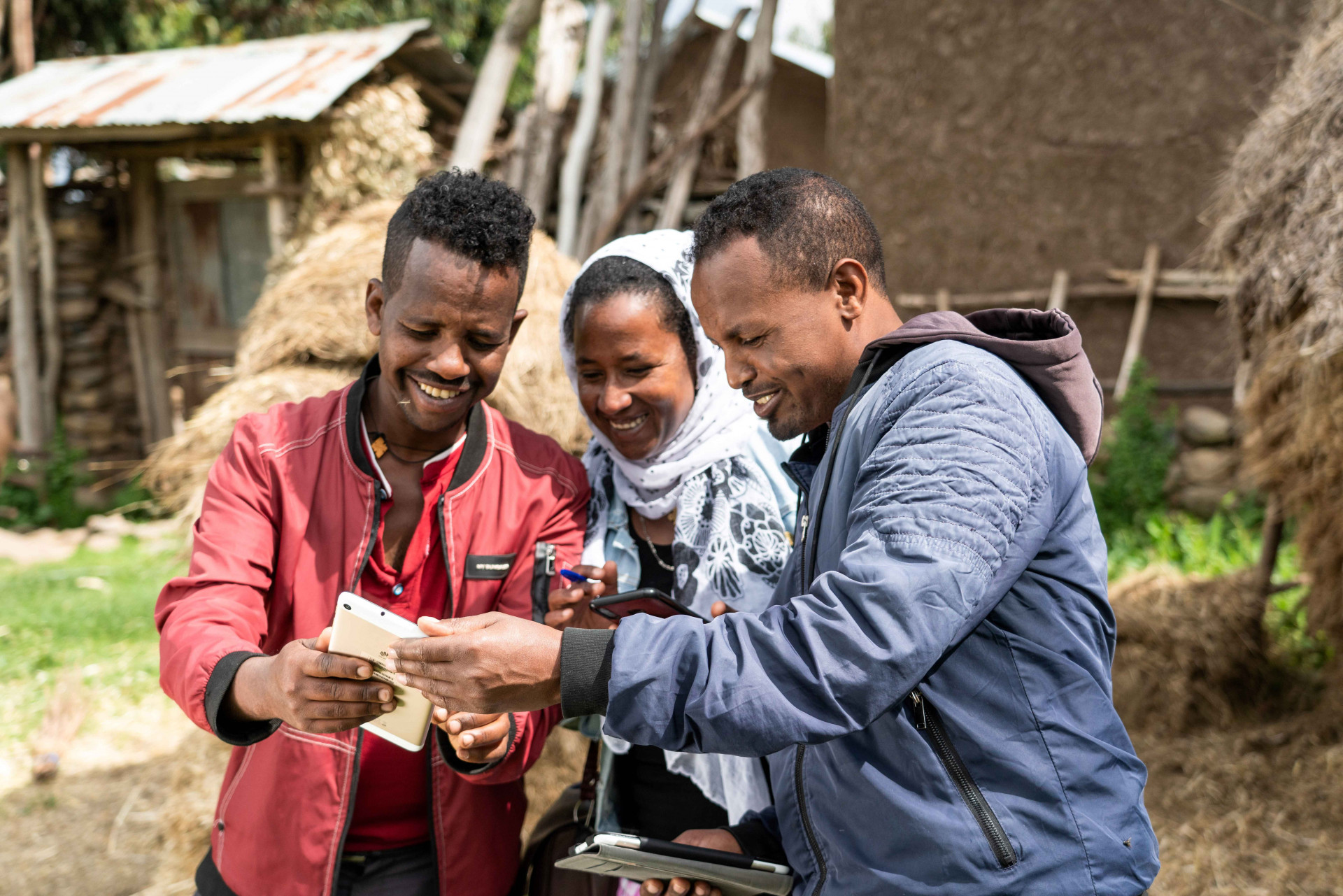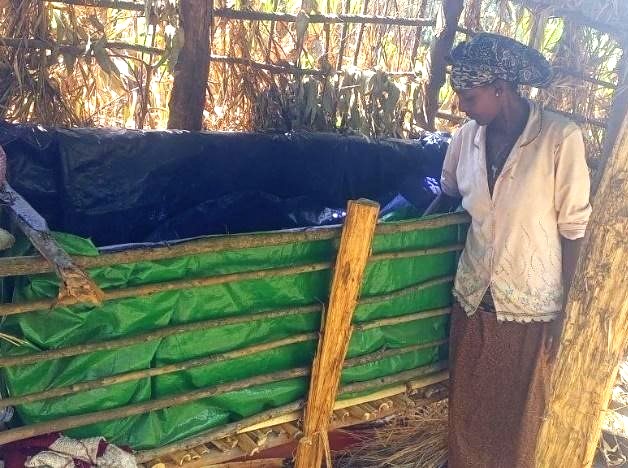As we celebrate International Cooperative Day (July 1st), we’re reminded of the essential role cooperatives play in fostering sustainable development, ensuring food security, and empowering communities. Cooperatives help farmers pool resources, share crucial farming knowledge, and access broader markets, which drives economic growth and improves their lives.
At Digital Green, we work with many types of cooperatives, including the Gonde cooperative in Ethiopia. Located in Assela, Oromia, the Gonde Cooperative plays a dual role: purchasing grains directly from farmers at fair prices and supplying them with fertilizers and other inputs at competitive rates. This setup not only supports the farmers’ production efforts but also stabilizes their finances.
Before our intervention, the Gonde Cooperative was struggling. They faced challenges such as outdated member information, financial difficulties, and governance issues. A 2021 audit even marked the cooperative as bankrupt, with a deficit of 25,595.06 Birr. Recognizing the potential impact of revitalizing this cooperative, we stepped in with substantial support. Abdella Rabo, the Finance Head of Gonde Cooperation, highlighted the impact, saying: “The support we received from Digital Green, including materials, training, and financial assistance has helped us rebuild our cooperation and embrace technology.”
With an injection of 1 million birr from Digital Green, the cooperative diversified into grain trading and began supplying agrochemicals and other consumable goods. We funded essential positions like a cooperative manager and a storekeeper and supported the cooperative with new technology like a laptop and printer to streamline their operations. Moreover, extensive training in cooperative management and financial literacy was provided to both the board members and staff.
The turnaround has been remarkable. The cooperative has updated its member profiles, attracting 381 new members and an additional 38,100 Birr in capital. Financially, it’s now thriving with a recorded net profit of 110,686 Birr and has secured an additional 800,000 Birr loan. Governance has also seen significant improvements, with the election of new board members, including women, which has enhanced operational efficiency.
Looking ahead, we see the cooperative model as a beacon of hope and resilience and we plan to assist existing Women Self-Help Groups transition into formal cooperatives. This change will provide these groups with government recognition, access to more resources, and increased support for their farmer members.
On this International Day of Cooperatives, we applaud the achievements of the Gonde Cooperative and all similar entities playing a vital role in agricultural development. We remain committed to nurturing cooperatives, equipping them with the necessary resources and training to empower farmers and strengthen communities. Let’s continue to support and celebrate the invaluable contributions of cooperatives toward a sustainable and prosperous future.


